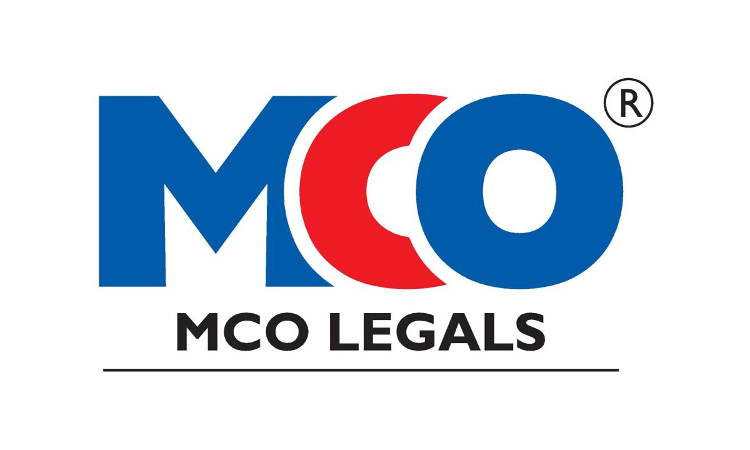Supreme Court On CIRP Against Corporate Guarantors
Amit Meharia and Paramita Banerjee
28 Oct 2022 9:53 AM IST

Section 7 of Insolvency and Bankruptcy Code, 2016 (IBC) permits financial creditors to file application before NCLT upon occurrence of default for initiating Corporate Insolvency Resolution Process (CIRP) against a corporate debtor. Whether the corporate debtor under Section 7 of IBC would mean to include a corporate guarantor and whether such CIRP can be initiated only against corporate guarantor in respect of payment of the amount due where the principal borrower has defaulted has been a subject matter of deliberation.
In Laxmi Pat Surana vs. Union Bank of India (2021) 8 SCC 481, the financial creditor demanded repayment of outstanding dues from the principal borrower as well as the guarantor in respect of a loan that was availed of by the principal borrower. When it was held that the principal borrower could not be proceeded against, the guarantor essentially contented that it was not liable to make payment either as it did not owe any debt to the financial creditor, that it was not a 'corporate debtor' and hence an application under Section 7 of IBC would not lie against the guarantor.
However, it was held that the guarantor was coextensively liable to repay the dues of the principal borrower. Appeal filed before the National Company Law Appellate Tribunal (NCLAT) was also dismissed and against such dismissal, the guarantor filed an appeal before the Supreme Court.
On 26.03.2021, the 3-Judge Bench of Justices A.M. Khanwilkar, B.R.Gavai and Krishna Murari observed that:
1. Under section 7 of IBC, the corporate debtor may be the principal borrower as well as the guarantor who assumes the status of a corporate debtor as soon as the principal borrower commits the default.
2. Under Section 5(8)(i) of IBC, the claim of a financial creditor would include the liability in relation to a guarantee offered by a corporate person which would thus also cover the right of the financial creditor to proceed against a corporate person who stands as a guarantor against any default of the principal borrower in relation to the specific terms of the contract/transaction entered into between the lender (financial creditor) and the principal borrower.
3. The amendment of 2018 to the IBC introduced Section 5(5-A) which defines the expression corporate guarantor to mean a corporate person who is the surety in a contract of guarantee to a corporate debtor. Within the scope of such definition, it cannot be held that the intent of the legislature was to extricate the guarantor of its liability that arises in case of default by the principal borrower.
4. Section 128 of the Indian Contract Act, 1872 provides that the obligation of a guarantor is coextensive with that of the principal borrower. Such meaning can also be read in the context of the provisions of the IBC.
Therefore, the liability of the guarantor is joint and severable with the principal borrower and hence the creditor has the right to proceed against the principal borrower and the guarantor in equal measure. Such right gets triggered as soon as the principal borrower defaults in repayment of the dues. Further, the purpose of a Section 7 application under the IBC is not recovery of dues but insolvency resolution of a corporate debtor who is unable to pay off its debts. Therefore, the guarantor or the principal borrower should have the option of repayment of the debt to avoid CIRP proceedings.
In Mahendra Kumar Jajodia vs. State Bank of India (2022 SCC OnLine SC 908), the Supreme Court dismissed the appeals on a similar question against the decision of the NCLAT holding that for the purpose of CIRP or liquidation proceedings, corporate persons would include corporate debtors as well as personal guarantors. On 06.05.2022, the Bench of the Justices S. Abdul Nazeer and Vikram Nath, JJ refused to entertain the appeals since it found no reason to set aside the decision of the NCLAT.
Recently, in K. Paramasivam vs. Karur Vysya Bank Ltd. (2022 SCC OnLine Sc 1163), the same issue was raised by the corporate guarantor when the financial creditor filed a Section 7 application against the guarantor. On 06.09.2022, the Bench of Justices Indira Banerjee and J.K. Maheshwari relied on the observations and decision in Laxmi Pat Surana and held that the three-judge Bench decision would be binding and held that CIRP proceedings can be initiated against a corporate entity who has given a guarantee securing the dues of the lender. Once the borrower commits default, the guarantor becomes the corporate debtor and Section 7 would accordingly become applicable. The Bench also held that it was open to the financial creditor to proceed against the guarantor without first suing the principal borrower.
Thus, the courts have clearly and consistently held that a corporate guarantor may be treated as a corporate debtor for the purposes of Section 7 of the IBC irrespective of whether the principal borrower is a corporate entity or not and irrespective of whether the financial creditor has been sued first by the principal borrower or not.
Authors: Amit Meharia, Managing Partner, and Paramita Banerjee Senior Associate at MCO Legals. Views are personal.


